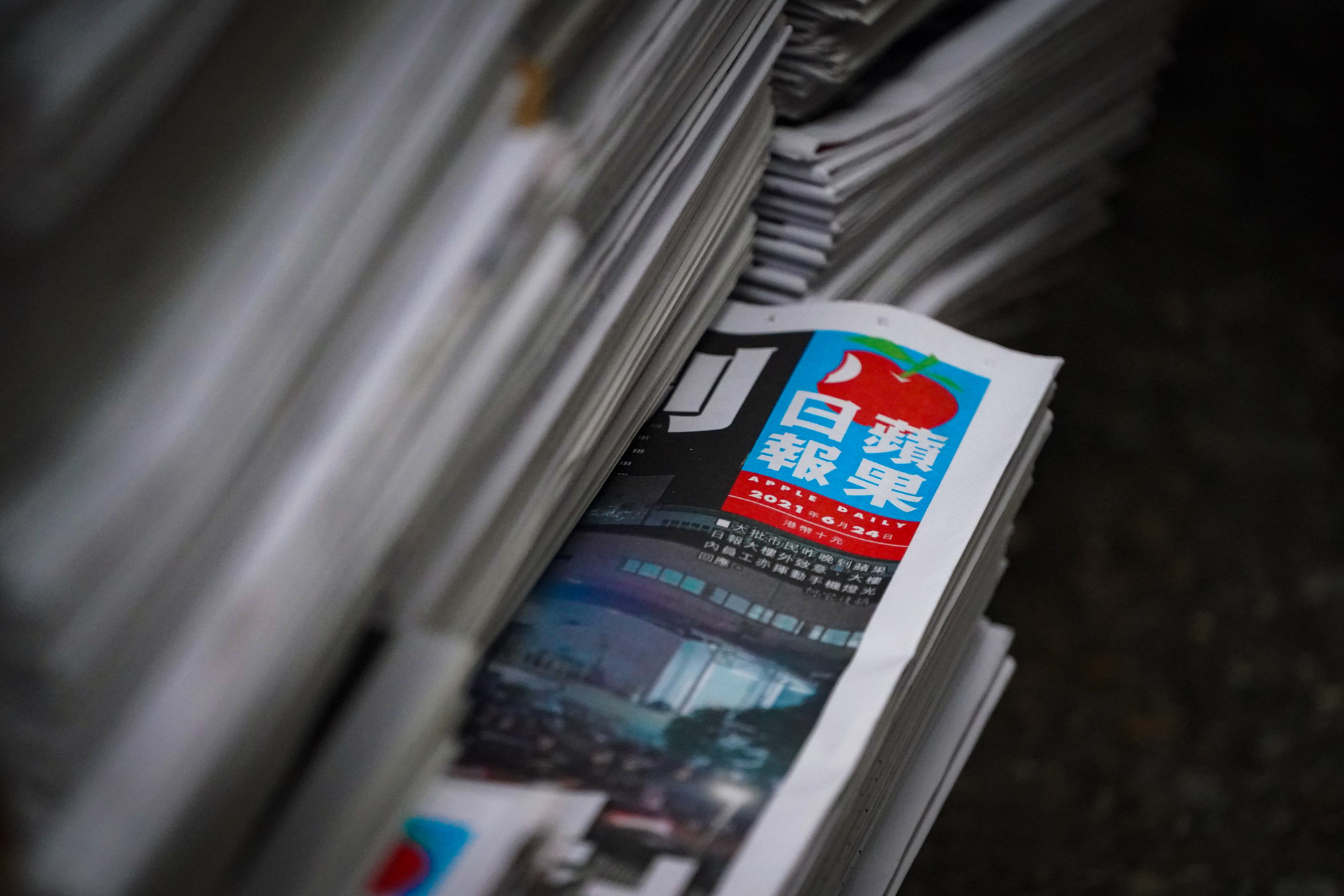
Jimmy Lai’s Apple Daily ran articles critical of authorities for commercial reasons but avoided those promoting Hong Kong independence, criminal acts, court hears
- Lai’s legal team says Apple Daily selected articles with common political perspective to accommodate readers but witness Yeung Ching-kee denies outlet’s approach was purely commercial
- ‘When Mr Lai set a principal stance for Apple Daily, it was like setting a birdcage,’ he says
But former editorial writer Yeung Ching-kee, who was testifying for the prosecution, denied Apple Daily’s approach was purely a commercial decision.
He said the political stance of contributors remained an essential consideration in the newspaper’s forum section.

He also described the extent of the outlet’s editorial freedom as “birdcage autonomy”, a term borrowed from local politics that meant something was being controlled.
“So editorial staff enjoyed a certain level of freedom and autonomy within this birdcage, but that [flexibility] could not exceed this boundary, that it could not be greater than the birdcage, so it is not as simple as to say whether there was editorial independence or not.”
Prosecutors seek to establish a case that Lai had exercised complete control over Apple Daily to instigate international sanctions on mainland China and Hong Kong officials, as well as foster public hatred towards authorities.

Senior defence counsel Robert Pang Yiu-hung on Tuesday drew the court’s attention to various text messaging records in 2019 to show that Yeung, who oversaw Apple Daily’s commentaries, had made independent decisions to refuse publication of certain writings, including one recommended by Lai.
Yeung explained that turning down his former boss’ suggestion was more than a simple “no” and said “there were other communications via different channels”.
He said he would ask authors to amend their writings to fit Apple Daily’s needs, adding he could be fired for failing to ensure contributors shared the tabloid’s values.
Yeung admitted it was “awkward” to publish the article which was inconsistent with Apple Daily’s stance, but the tabloid could not “go back on its words” and ban its publication.
